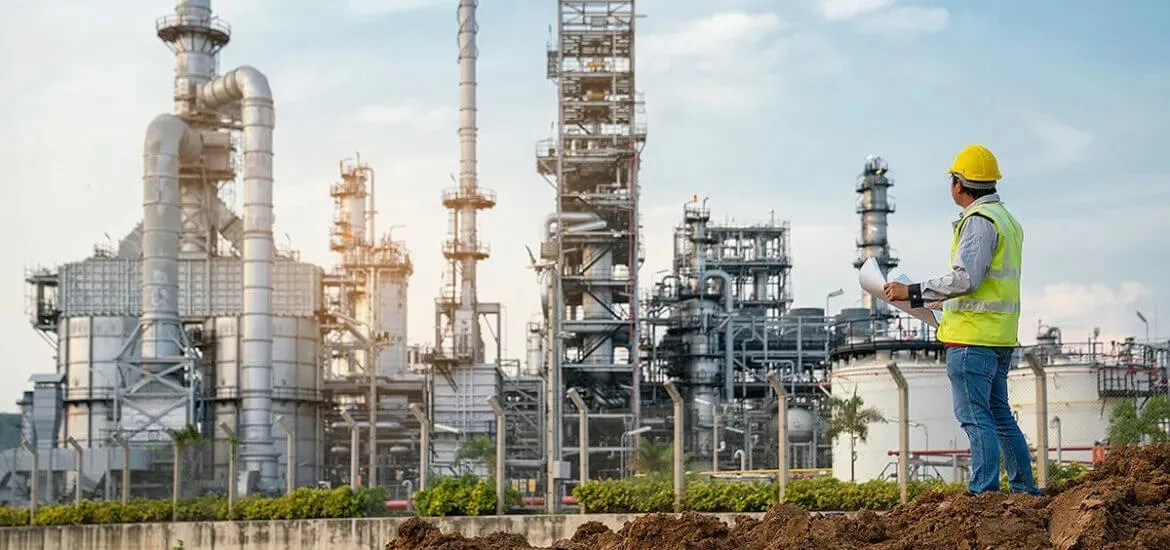
Facility planning is an indispensable aspect of building management, encompassing the strategic organization of resources, space, and infrastructure to meet current and future needs. Facility assessment engineers, often overlooked, are pivotal in this process. They evaluate structures, systems, and spaces to ensure they operate efficiently and sustainably.
Understanding Facility Planning
Facility planning is the art and science of organizing spaces and resources in a way that maximizes functionality, safety, and efficiency. Its scope includes spatial arrangements, resource allocation, and long-term strategy. A clear facility plan helps businesses operate smoothly, reduces costs, and enhances user experiences.
Role of Facility Planning Engineers
Facility planning engineers bridge the gap between vision and reality. Their responsibilities include:
- Designing layouts to optimize space.
- Conducting risk assessments.
- Ensuring compliance with local building codes and standards.
- Coordinating with other professionals to deliver seamless projects.
Significance of Facility Assessment
Facility assessments ensure the long-term usability and safety of structures. This process involves examining mechanical, electrical, and structural systems to identify potential risks or inefficiencies.
Core Skills of Assessment Engineers
The role demands a combination of technical expertise and problem-solving skills. Essential competencies include:
- Proficiency in CAD and other design tools.
- Strong analytical abilities to assess facility data.
- Communication skills for effective stakeholder collaboration.
Key Phases in Facility Planning
- Initial Assessment: Evaluating the current state of the facility.
- Strategic Planning: Outlining goals, resources, and timelines.
- Execution: Implementing the plan with precision and agility.
Technologies in Facility Assessment
Modern engineers rely on cutting-edge tools like:
- Building Information Modeling (BIM).
- IoT sensors for real-time monitoring.
- Asset management software to streamline operations.
Benefits of Proper Facility Planning
Facility planning offers numerous benefits, including:
- Cost Savings: Reduced operational expenses through optimization.
- Enhanced Safety: Ensuring compliance with safety regulations.
- Improved Efficiency: Streamlined workflows and reduced downtime.
Sustainability in Facility Planning
Incorporating sustainable practices is no longer optional. Facility engineers focus on eco-friendly materials, energy-efficient systems, and renewable energy solutions to create greener buildings.
Challenges Faced by Engineers
Common challenges include budget constraints, evolving regulations, and balancing stakeholder demands. Engineers mitigate these issues with careful planning, innovative solutions, and effective communication.
Case Studies
Consider a hospital expansion project where facility planning engineers optimized patient flow by designing an efficient layout, significantly improving patient outcomes and operational efficiency.
Future Trends in Facility Planning
The industry is embracing technologies like artificial intelligence, 3D printing, and advanced simulation software to innovate and streamline processes.
Collaboration with Other Stakeholders
Facility planning engineers work closely with architects, project managers, and business owners to align goals and ensure successful outcomes.
Education and Certification
To thrive in this field, engineers typically require a degree in engineering or architecture and certifications such as LEED or PMP.
FAQs on Facility Planning
- What is facility planning?
Facility planning involves organizing space and resources for optimal efficiency. - Why is facility assessment important?
It ensures the long-term usability and safety of structures. - What skills do facility planning engineers need?
They need technical, analytical, and communication skills. - What tools do engineers use?
Engineers rely on BIM, IoT sensors, and asset management software. - How does sustainability factor into facility planning?
Sustainable practices reduce environmental impact and operating costs. - What are the challenges in facility planning?
Budget constraints and evolving regulations are common challenges.
Conclusion
Facility planning and assessment engineers are instrumental in shaping efficient, sustainable, and safe spaces. Their expertise ensures that facilities meet today’s demands while preparing for tomorrow’s challenges.
